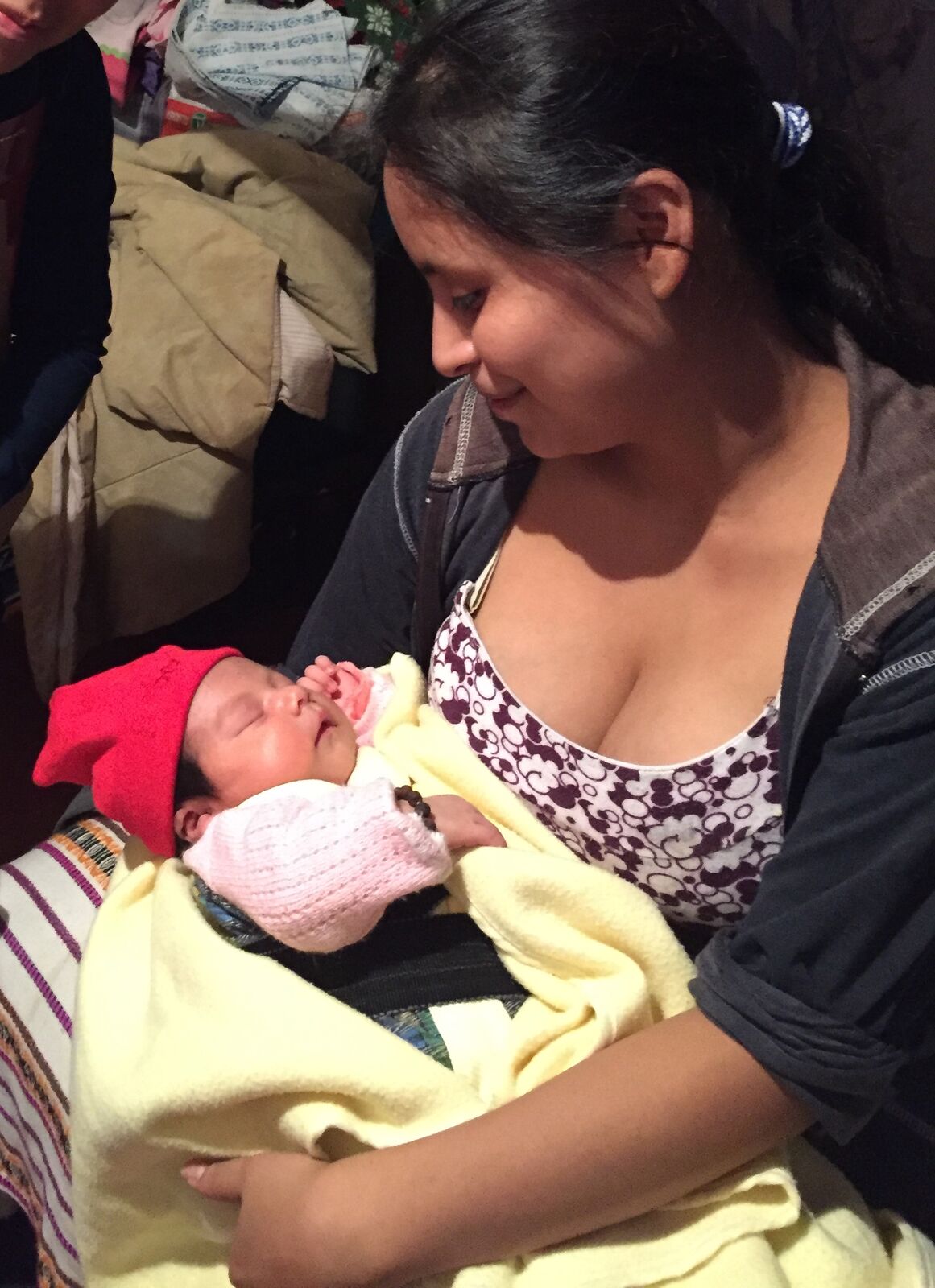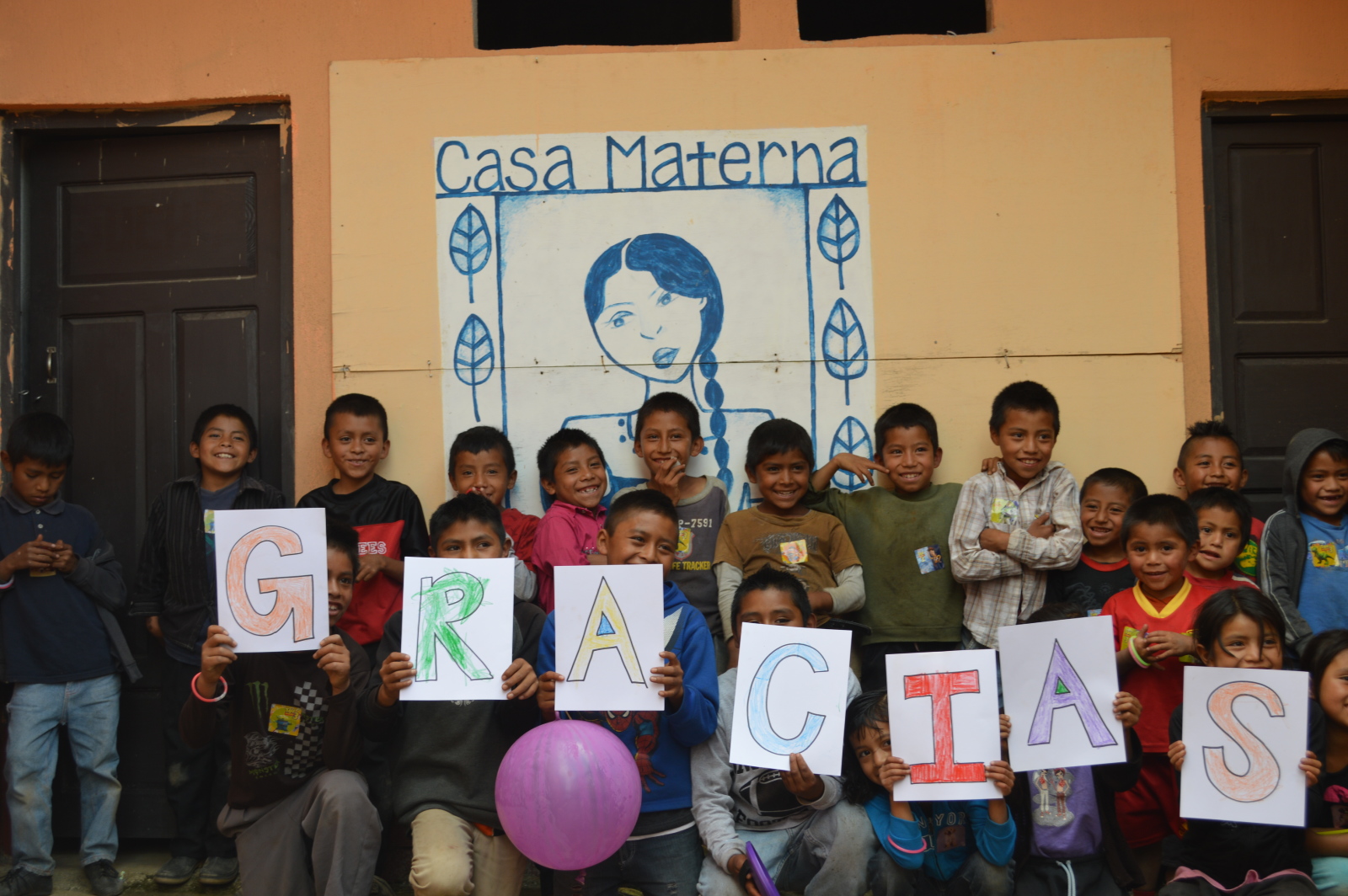Part V: The Impact-Casas Maternas
Posted: September 22, 2017
Casa Maternas – Part of the Impact
Curamericas Global, a global nonprofit, established Casas Maternas in three towns located in the isolated northwestern highlands of Guatemala. These highlands have a high maternal mortality rate. For every 100,000 live births there is an average of 636 maternal deaths. Casas Maternas are maternal health facilities that provide vital health services. They encourage the local people to take responsibility and ownership for the programs. Staff is made of local people who provide a safe environment for mothers to respect their cultural norms and traditions. Traditional birth attendants are encouraged to bring patients for delivery at the Casas Maternas. These centers have trained staff are present and access to referral care is available.
The established Casas Materna program in Guatemala has brought positive change to maternal and infant health in the partner communities. Since May 2014, we have eliminated maternal mortality in 26 communities with a combined population of 8700 where at least 1-2 maternal deaths had occurred annually. In this period staff successfully resolved or referred 231 complications of pregnancy, delivery, or postpartum. Nearly half of these complications were resolved by Casa staff and the remaining successfully referred to other facilities. Hemorrhage for example is responsible for 41% of Guatemalan women’s death during child birth. At Casa Maternas hemorrhage only accounted for 11% of our maternal deaths. This success is because of our prevention methods and skillful delivery routine.
Research Shows…
A recently published case study showed that 70% of women from communitites surrounding Casa Materna reported delivering in a health facility. Only 30% of women from non-partner communities have been. The case study also showed that the Casas increased health service utilization among partner communities regardless of maternal education or household wealth quintile. Indigenous populations received the same rights to healthcare as non-indigenous groups, resolving a challenging that the indigenous community was previously facing.
The percent of women seeking antenatal care has increased to 71% due to health promotion by mother peer educators. Recognition of danger signs in pregnancy has increased to 74%. And immediate breastfeeding has increased to 80% amongst local women.
What the Future Holds
Community-owneship builds sustainability which keeps the program going year after year. Cost-sharing partnership with the Guatemala Ministry of Health (MOH), local government, non-profits, and the communities themselves also adds to sustainability of the projects. There has been more integration of Casa Materna components into the national health care, vital statistics, and financing systems. The Guatemala MOH is now partnering with Curamericas Global to pilot the Casa Materna Rural model to the entire rural indigenous population of San Marcos. San Marcos has a population of about 500,000 people. Indigenous populations around the world face harsh childbirth outcomes, especially those living in isolated rural locations. Around the world 44% of women and newborns still face the high risk of home deliveries without skilled attendance. The model provides a promising approach to increasing facility-based deliveries at low cost throughout rural Guatemala and around the globe.
Article written by Purva Trivedi, Events and Outreach Intern
Share this Article
Stay Up-To-Date With Curamericas Global
We will not spam, sell or otherwise misuse your information!

